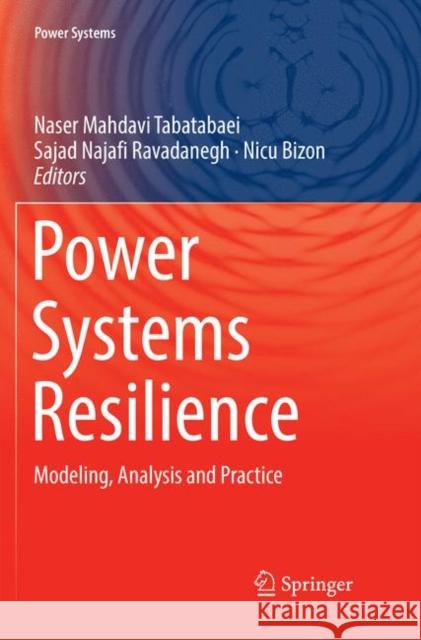Power Systems Resilience: Modeling, Analysis and Practice » książka
topmenu
Power Systems Resilience: Modeling, Analysis and Practice
ISBN-13: 9783030068523 / Angielski / Miękka / 2018 / 353 str.
Kategorie:
Kategorie BISAC:
Wydawca:
Springer
Seria wydawnicza:
Język:
Angielski
ISBN-13:
9783030068523
Rok wydania:
2018
Wydanie:
Softcover Repri
Numer serii:
000239383
Ilość stron:
353
Waga:
0.53 kg
Wymiary:
23.39 x 15.6 x 1.98
Oprawa:
Miękka
Wolumenów:
01
Dodatkowe informacje:
Wydanie ilustrowane











